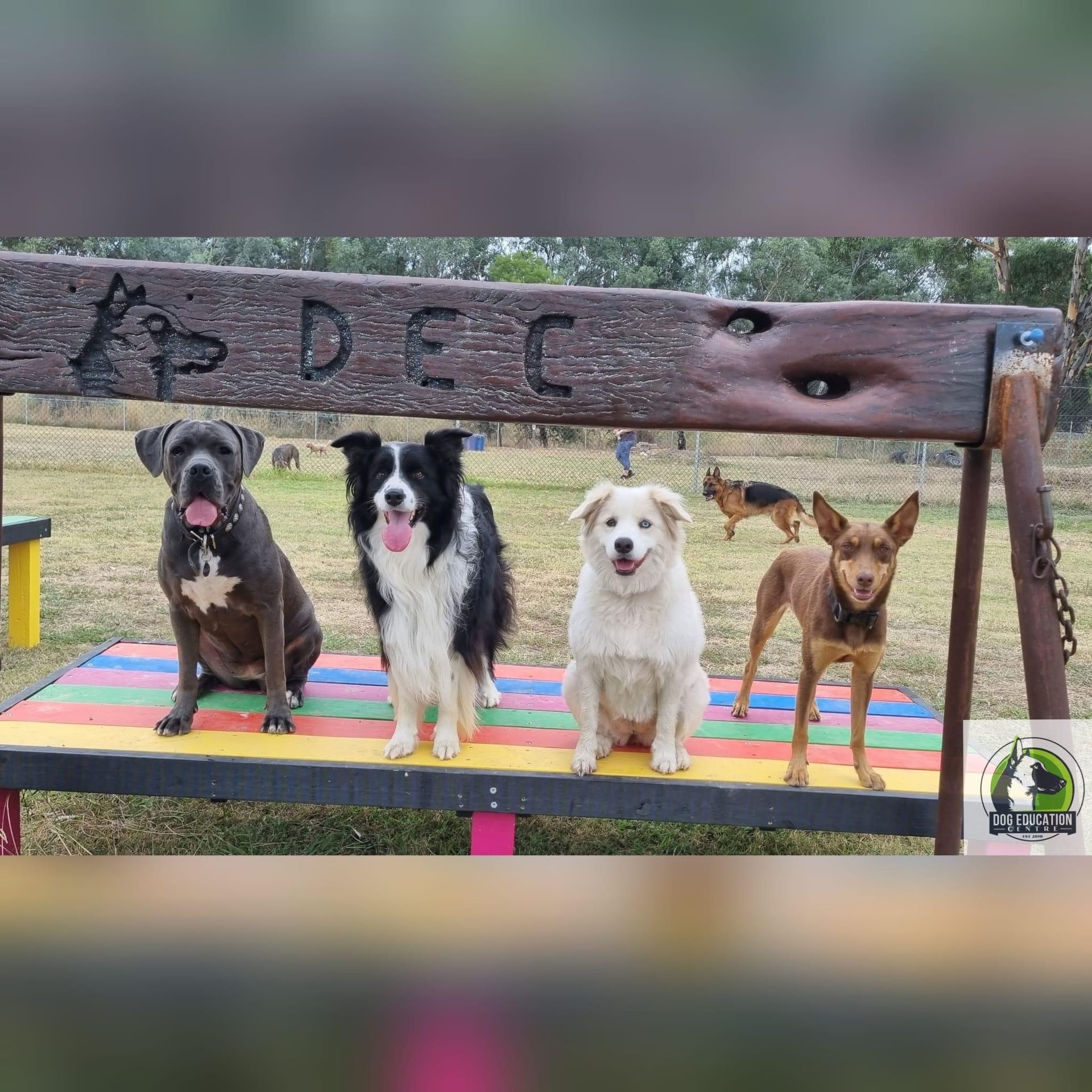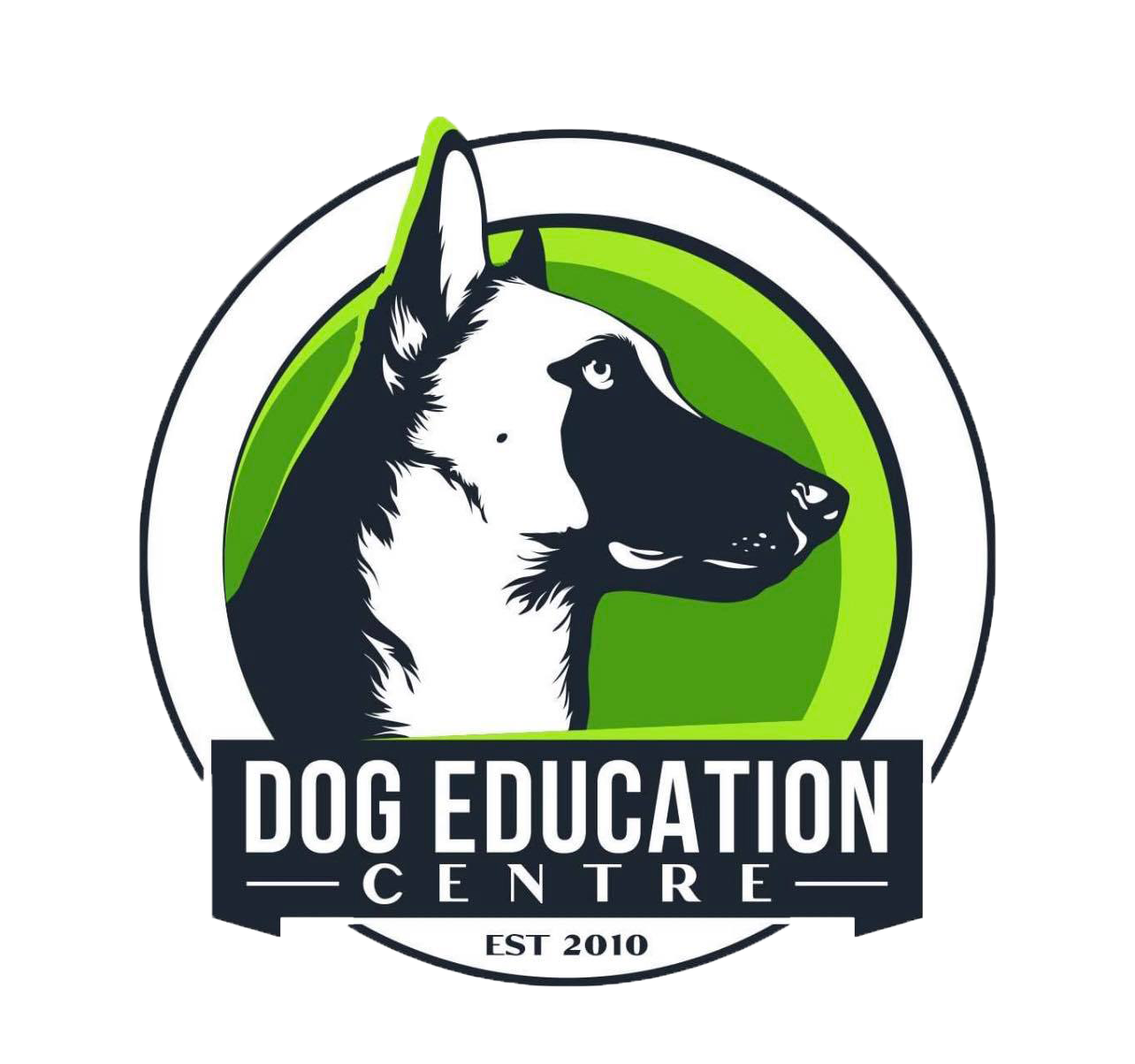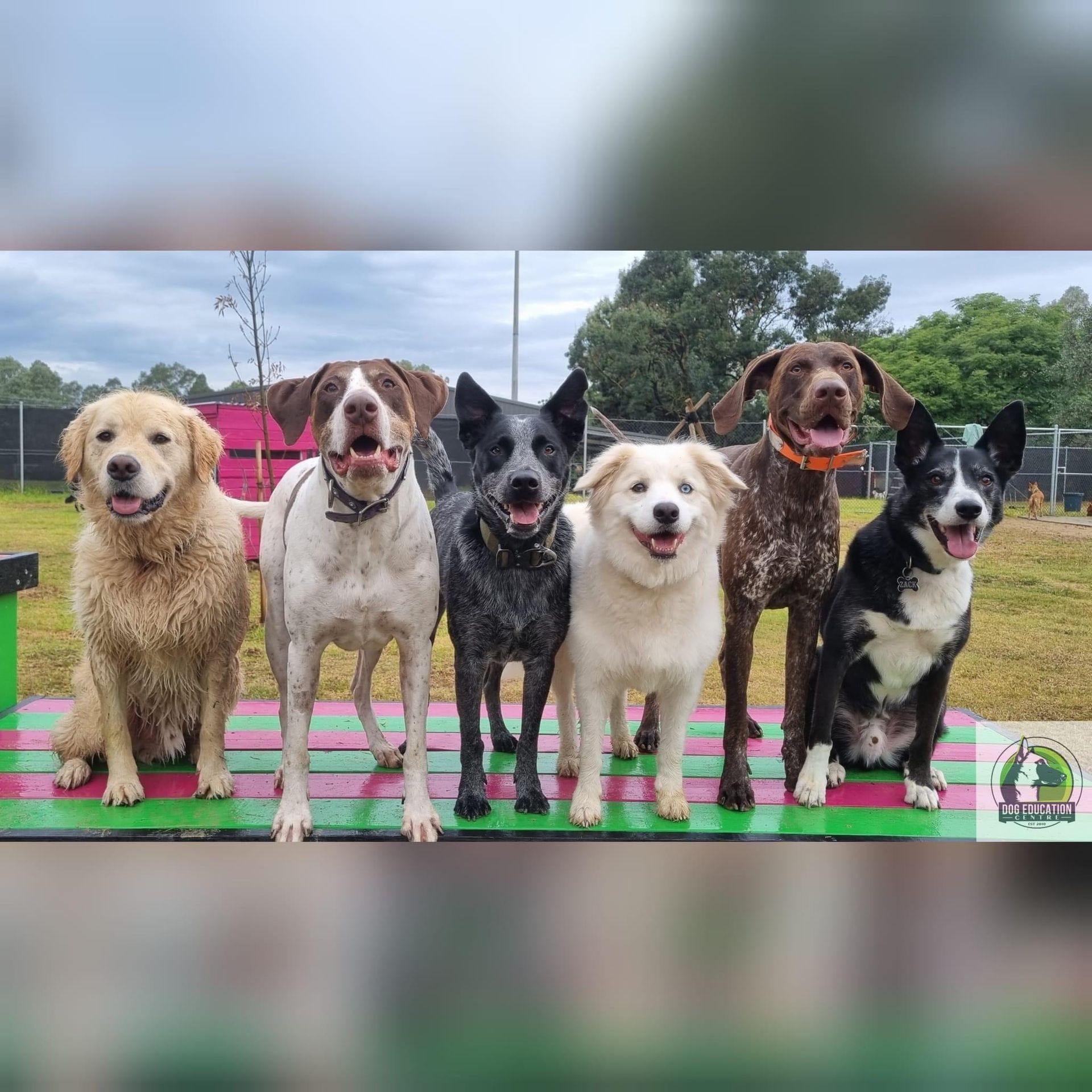
How much should my puppy be sleeping?
 Button
ButtonYour puppy needs up to 18 hours of rest a day. Most puppies in households are overstimulated and overtired. It’s important to teach them to rest. We recommend structured crate training to help with this.
My puppy is mouthing, how do I stop it?
 Button
ButtonPuppy mouthing is a normal behaviour. Redirection is key here! Each time your puppy puts teeth on your skin, give your negative marker and redirect onto a toy. Giving puppies structured play with a tug to help them decompress will help lessen this. We also recommend increasing the puppies rest time as most puppies get very mouthy when they are overtired.
How much should I be feeding my puppy?
 Button
ButtonThis is dependent on which diet you feed your dog. Each food brand will have their feeding guidelines on the packaging. You should follow this. However, if your puppy becomes skinny you should increase their intake. Some dogs have faster metabolisms and higher energy output and therefore need more daily calories.
How often should I feed my puppy?
 Button
ButtonWe recommend putting all of your puppies daily food allowance into a training pouch and distributing it through small training sessions throughout the day.
Ideally each day you should do at least 3 training sessions for 3-5 minutes and your puppy should earn one meal in each session.
How long should my puppy stay on puppy food?
 Button
ButtonOnce again this is dependent on the brand of food you are using. Check with the manufacturer for guidelines on this.
Should I raw feed or feed kibble?
 Button
ButtonThis is completely up to you and your dog. What does your dog thrive on? What works for you and your family? We do recommend staying away from cheap processed food.
At the DEC we recommend using a mixture of processed and raw. We love feeding our dogs as healthily as possible and giving them good variety to build strong gut health.
Is crate training cruel?
 Button
ButtonNot if you do it correctly. Crates should be used for management and sleep. Your puppy should not be in a crate all day and night. Instead, use the crate for rest times. Make the crate inviting and comfortable. Crates should be used inside only where the temperature is regulated. Put a blanket or cover over 3 of the sides and ensure there is good ventilation on one side. The key to successful crate training is to make it positive from the start.
Should I play with my puppy inside?
 Button
ButtonWe recommend mostly having inside as a quiet space.
If you teach your puppy that inside is a place to wrestle and play, they will grow up thinking this is the thing to do. It’s cute while they are small, not so cute when they are big and jumping on your table!
When should I start training my puppy?
 Button
ButtonImmediately!
Training should be a part of your every day life starting the day you bring it home.
Training your puppy builds the bond between you and if you do it right, it should feel like a fun game to them! Rewards are the key here.
Use your puppies daily calorie intake to teach them all the things you want them to do.
How do I know if my puppy is sick?
 Button
ButtonBy observing your puppies behaviour and daily activities you can generally tell when they are not feeling well.
Some things that you may observe are lethargy, no appetite, no interest in play, pale gums, excessive panting while at rest.
Sickness in puppies needs to be taken seriously and you should take your puppy to the vets for a thorough examination.
When should I get my puppy vaccinated?
 Button
ButtonIn Australia puppies receive 3 vaccinations before 16 weeks.
Speak to your veterinarian about your vaccination protocol.
Do I have to get my puppy vaccinated?
 Button
ButtonYES.
Vaccination can prevent your puppy contracting a deadly disease. Parvovirus is the most common deadly virus in Australia and left untreated, your puppy may die. Not to mention it’s an incredibly painful way to go.
How much exercise does my puppy need?
 Button
ButtonThis is breed and individual dog dependent.
Some high energy working breeds need far more exercise than a larger lower energy breed.
You can overexercise your puppy and strain their joints and muscles.
Be careful not to put them on a lead and walk for long periods,
A short 5 minute walk should be sufficient for most puppies.
For more specific advice for your breed of puppy, speak to your breeder and veterinarian.
What age should I take my puppy to a dog park?
 Button
ButtonThe answer here is NEVER.
Dog parks are the worst possible place to socialise your puppy or adult dog. They create a number of unwanted behaviours and damage a lot of dogs.
Most dog parks are an overwhelming experience for dogs.
Dog trainers never recommend using them for a number of reasons but the biggest are the risk of disease and injury.
Does my puppy need puppy milk?
 Button
ButtonOnce your puppy is weaned off it’s mother it doesn’t need milk.
While you can buy it from stores, if you are feeding a balanced diet, this is something your puppy doesn’t need.
Should I toilet train using puppy pads?
 Button
ButtonWe recommend not using puppy pads as they can teach your puppy to pee on rugs, towels left on floors, carpet etc.
It can take longer to teach them to toilet outside if you start off letting them toilet inside on puppy pads.
Instead, we recommend restricting their space inside, monitoring them and taking them out to toilet regularly and putting this on a cue.
Teaching them right form the start is a much easier and cleaner way of achieving toilet training.
What are the best toys for puppies?
 Button
ButtonPuppies don’t need too many toys.
We recommend having 3 or 4 toys that your puppy can work for their food out of.
We also recommend buying a couple of tug toys that come out for play sessions with you and are put away in between.
We recommend staying away from toys that puppies can pull apart especially if they have a squeaker inside of them. If they swallow a squeaker, this can be life threatening.
Is pet insurance worth having?
 Button
ButtonWe believe so.
There are a number of companies on the market now where you pay the gap and they pay your veterinary clinic the rest directly.
This saves you having to find the money upfront and if your pet is involved in a life threatening emergency, it saves you having to try and find the money first to then be reimbursed.

Terms and Conditions
Copyright 2018
Dog Education Centre ABN: 31 618 951 787
CONTACT
(02)60245073
admin@dogeducationcentre.com.au
3 Sheathers Road
West Wodonga Vic
3690
OPENING HOURS
- Mon - Fri
- -
- Saturday
- -
- Sunday
- Closed
